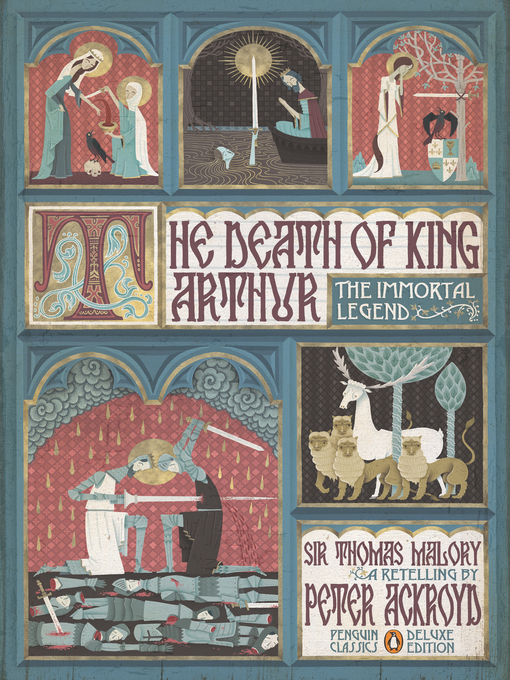The names of Arthur, Merlin, Lancelot, Guinevere, Galahad, the sword of Excalibur, and the court of Camelot are as recognizable as any from the world of myth. Although many versions exist of the stories of King Arthur and the Knights of the Round Table, Le Morte d'Arthur by Sir Thomas Malory endures as the most moving and richly inventive. In this abridged retelling the inimitable Peter Ackroyd transforms Malory's fifteenth-century work into a dramatic modern story, vividly bringing to life a world of courage and chivalry, magic, and majesty. The golden age of Camelot, the perilous search for the Holy Grail, the love of Guinevere and Lancelot, and the treachery of Arthur's son Mordred are all rendered into contemporary prose with Ackroyd's characteristic charm and panache. Just as he did with his fresh new version of Chaucer's The Canterbury Tales, Ackroyd now brings one of the cornerstones of English literature to a whole new audience.
- Available now
- All eBooks
- New eBook additions
- New kids additions
- New teen additions
- Most popular
- Try something different
- See all ebooks collections
- Most Popular Audiobooks
- All Audiobooks
- New audiobook additions
- New kids additions
- New teen additions
- Most popular
- Try something different
- See all audiobooks collections


